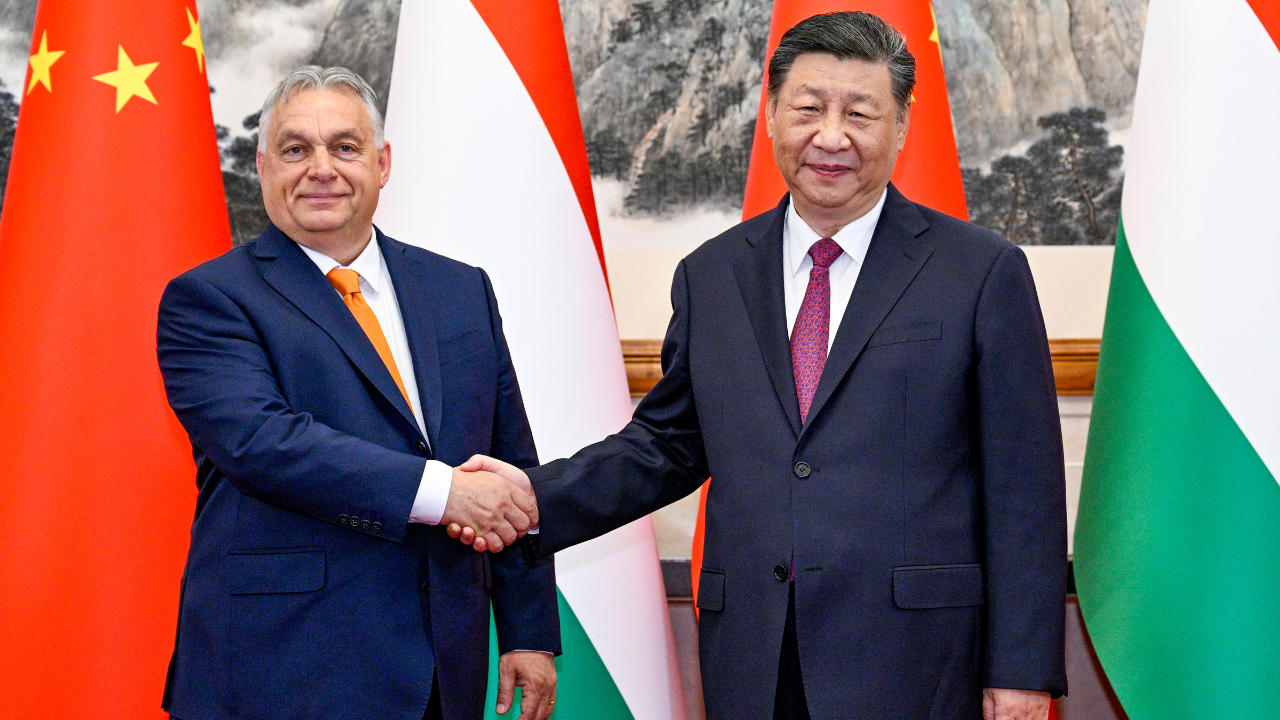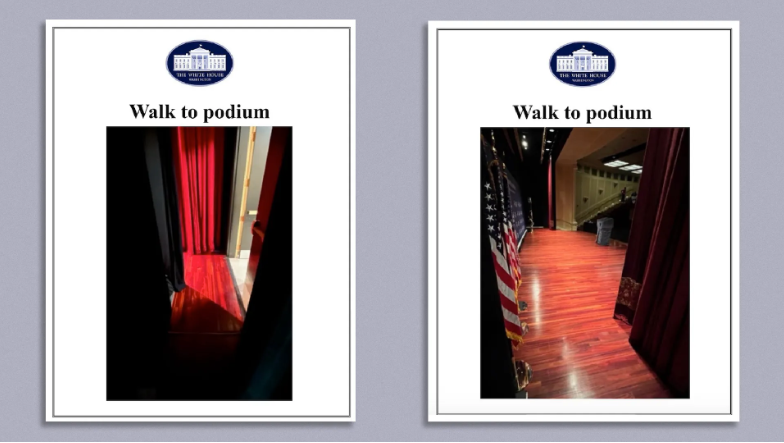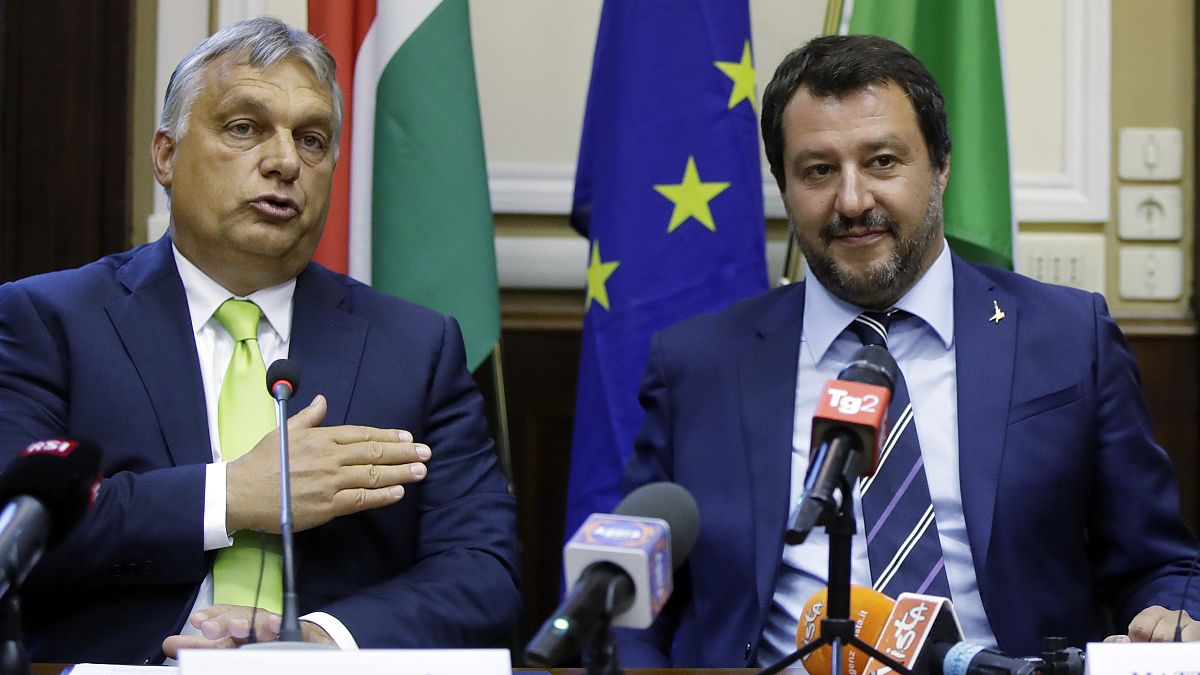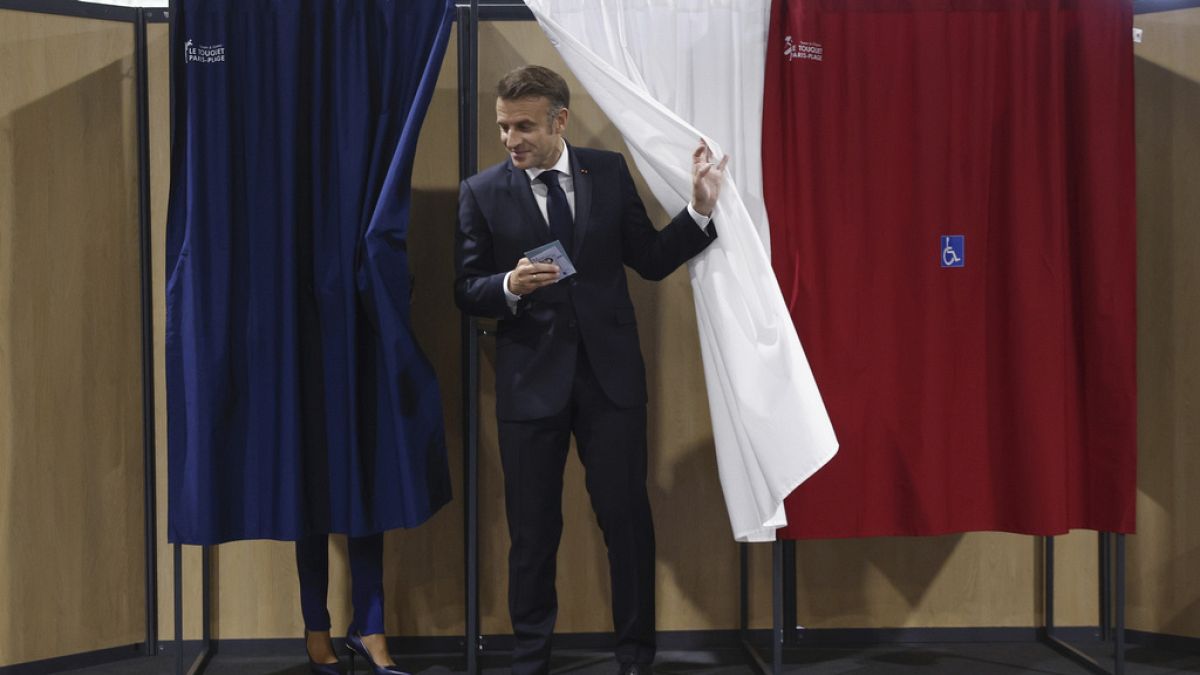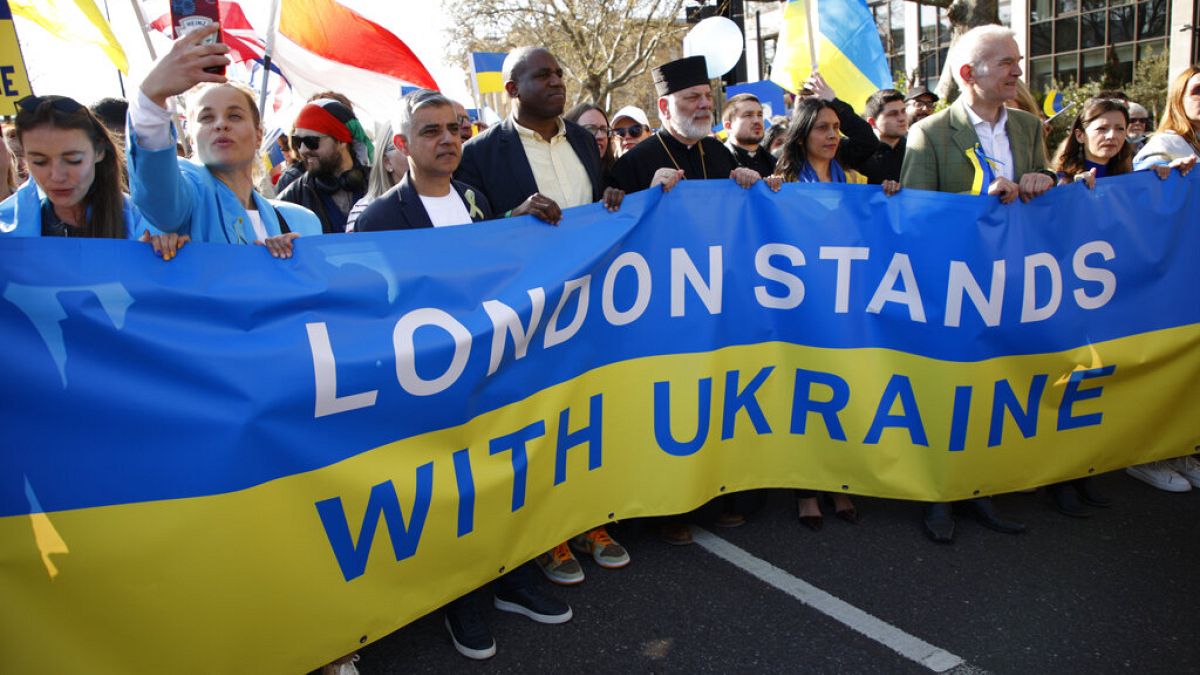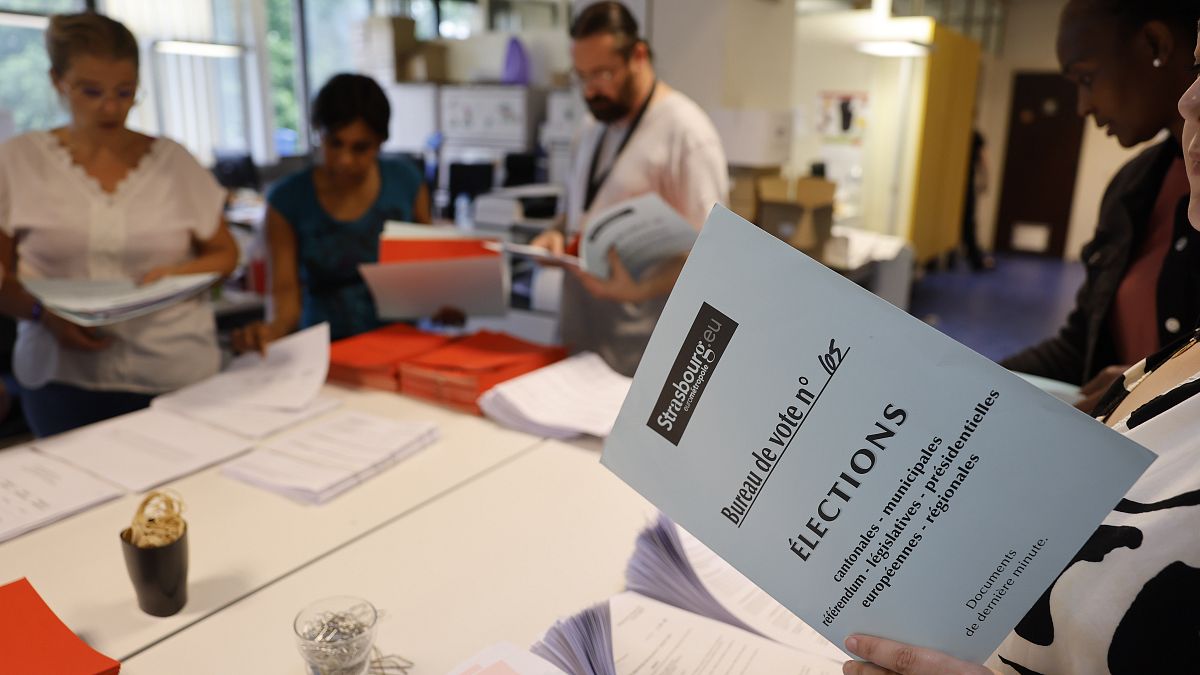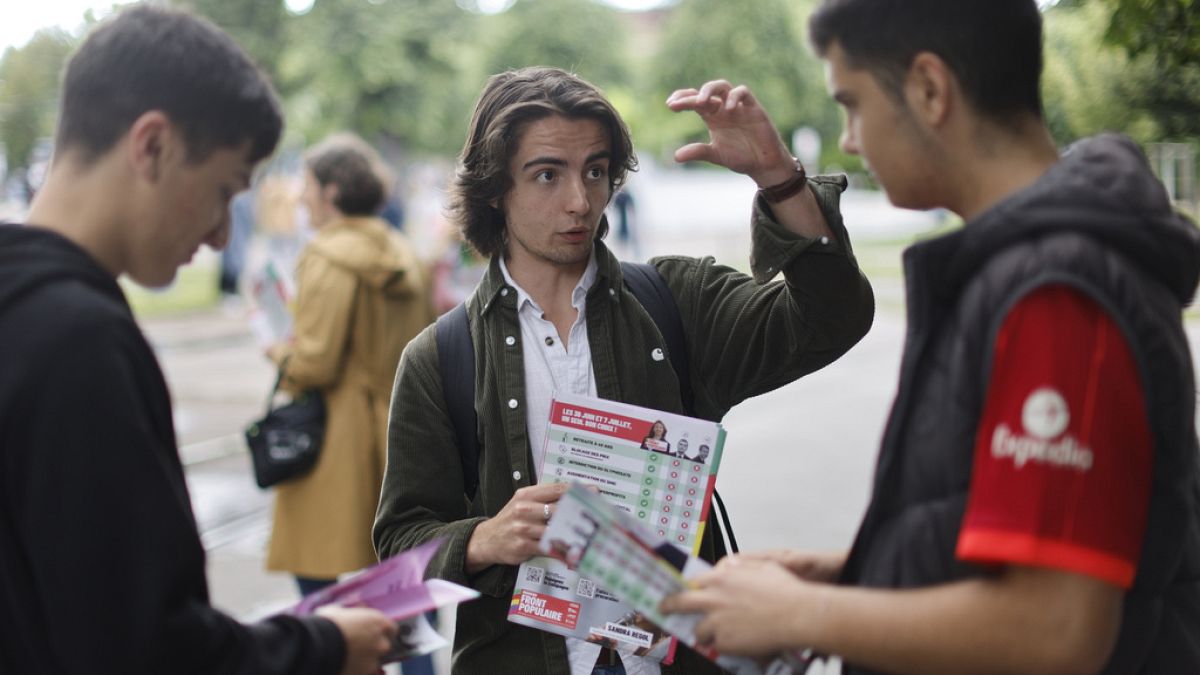
French citizens living abroad are represented in the National Assembly through the election of 11 of the 577 deputies, each representing different world regions. Euronews has interviewed some candidates who are vying for these votes—sometimes from a distance of thousands of kilometres.
According to France’s Ministry of Foreign Affairs, approximately 2.5 million French citizens live abroad, constituting about 3.6% of the total population. Among them, 1.7 million are registered to vote as expatriates.
In the first round of the legislative elections, voter turnout among expatriates was 36.6%, a significant increase from 2022 when only 22.51% participated through in-person voting, online voting, or mail-in ballots. The latter two methods are exclusively available to those registered as French citizens living abroad.
Being an expatriate French citizen involves exercising one’s citizenship differently—not only through voting but also by navigating challenges in accessing public services and being part of much larger constituencies compared to those in France.
Campaigning Abroad
Following the announcement of the National Assembly’s dissolution on Sunday, June 9, candidates quickly mobilised. For Franck Pajot, the candidate for the left-wing New Popular Front alliance in the vast 11th constituency, this has been a significant challenge. Speaking to us between flights and taxis in Bangkok, he explained that over the past three weeks, he has also traveled to Osaka, Tokyo, Sydney, Singapore, Chiang Mai, Pattaya, and Phnom Penh. Campaigning within this tight timeframe “is very complicated”, he admits, especially with logistical issues like distributing ballots and posters across such distant areas.
For the first constituency in North America, Roland Lescure, the outgoing Macronist deputy and current Minister of Industry, said his campaign was short but intense. He told Euronews that he toured various cities in the United States and Canada over 10 days and held video conferences, reaching over 2,000 people. He also believes that it is important to maintain a strong presence on social media.
Closer to home, Frédéric Petit, the outgoing deputy for the 7th constituency (Central and Balkan European countries) and a member of the presidential majority, acknowledges that campaigning as a deputy for French citizens abroad is different. “I don’t tour local markets on Saturday mornings,” he told us. However, he ensures he stays connected by meeting hundreds of constituents daily. Based in Poland, he regularly engages with local officials and French school communities, emphasizing that “conversations with people online can be as effective as chats in a village café in France.” Petit told us that the network of local cultural associations and the Assembly of French Citizens Abroad is essential to support his work.
Asma Rharmaoui-Claquin, from La France Insoumise/New Popular Front and Frédéric Petit’s opponent in the same region, campaigns from her base in Germany, as she told Euronews that 80% of the voters are based there. She says she “has the privilege of campaigning almost like in France,” leveraging her deep ties within the French community in Germany. “We distribute flyers in markets because we know where French people gather.”
For candidates in closer constituencies like Halima Delimi (Switzerland and Liechtenstein), logistics are simpler. As her constituency is one of the smallest for French citizens abroad but also the densest, she takes advantage of this by visiting underrepresented areas, including regions with few voters or no polling stations, such as Liechtenstein and Ticino.
A different voter profile
French citizens abroad represent a distinct electorate, often with lower turnout than the national average, although this has been increasing compared to previous years.
Residents in the 11 expatriate constituencies share similar concerns, although these differ from those in mainland France. Consular services are a primary issue, with recent budget cuts leading to a deterioration in public services abroad, complicating even basic administrative tasks. Voting accessibility is also a concern, with several candidates criticizing the difficulties of voting from abroad. Franck Pajot, from the expansive 11th constituency, highlighted the problems with online voting, sharing an example of a voter in Kyrgyzstan who must cross the border into Kazakhstan to vote because online systems are unreliable.
Education is another major issue for expatriates: there are too few French schools, tuition fees are rising, and budgets are shrinking, problems all the candidates acknowledge.
Some campaign proposals address region-specific issues: access to abortion in Eastern Europe, pensions for retirees on low incomes living in sunnier countries, dual health insurance in Switzerland, and the development of greener transport options for frequent travelers between London and Paris.
All interviewed candidates agree that understanding local realities requires a deep connection to their expatriate constituencies. Charlotte Minvielle, the New Popular Front candidate for Northern Europe (the 3rd constituency), has been based in London for years. She argues that her opponent from Macron’s camp, “cannot grasp these issues—living abroad, dealing with high costs of returning to France, considering children’s education, or navigating dual nationality.”
A barrier against the far-right
No National Rally (Rassemblement National) candidates made it to the second round of the legislative elections in expatriate constituencies. “I think there was a national momentum that transcended the borders of mainland France,” said Asma Rharmaoui-Claquin, the New Popular Front candidate for Central Europe. She noted that her region is particularly aware of the issues associated with illiberalism, stating, “When we talk about the far right, we, as French expatriates, have experienced it. We see it in Poland, Hungary, Italy, and further back in time in Germany.”
For Franco-British candidate Charlotte Minvielle, it is mostly due to their stance on migration. “There is a strong concern among French expatriates who understand the challenges of being a foreigner in another country,” she said.
However, a member of the campaign team for candidate and minister Roland Lescure pointed out that the National Rally vote is historically low among French expatriates, but in his constituency, it stands at 10%, a figure that has doubled compared to 2022.
